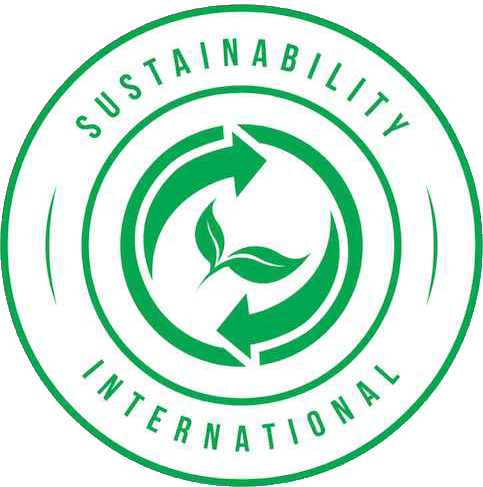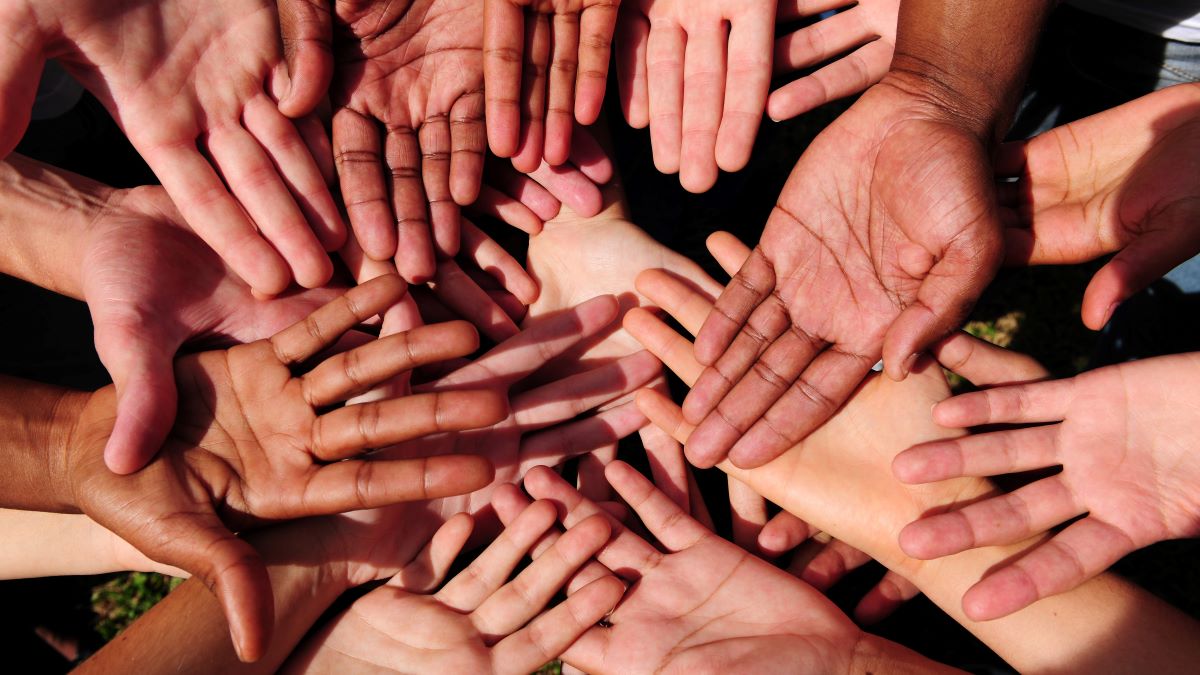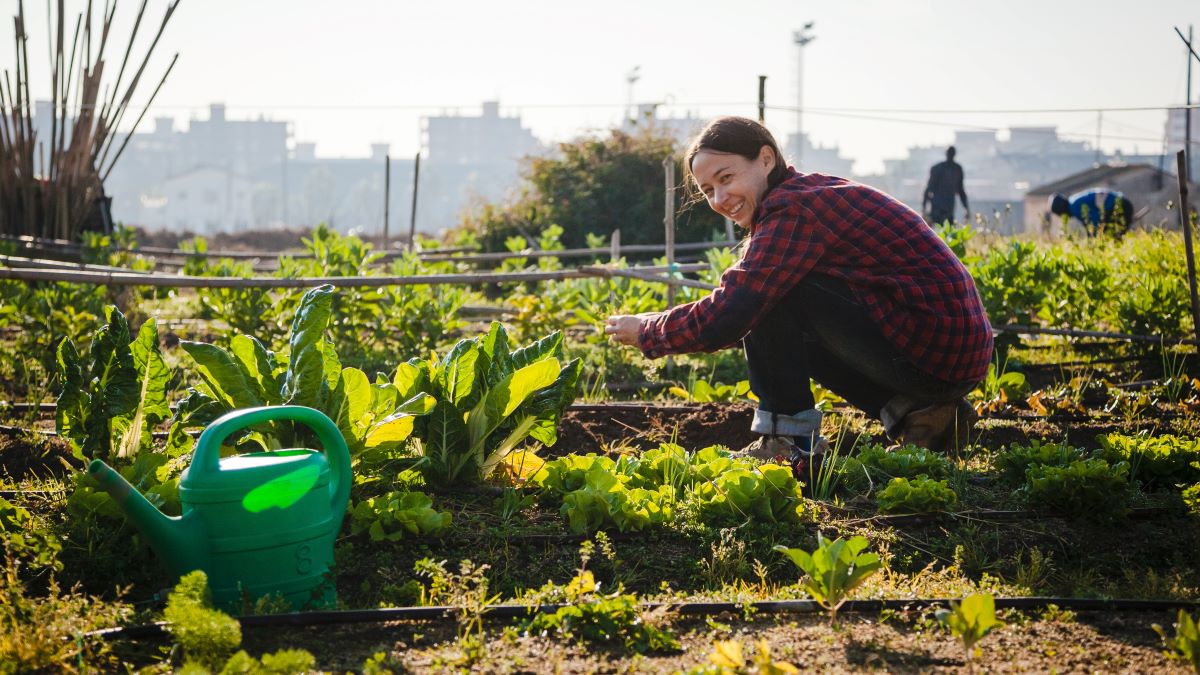
by International Associations | sustainability
Even casual wine drinkers know there is no such thing as a typical bottle of wine; there are hundreds of kinds of wine, and even the same wine tastes subtly different from one bottle to the next. When every small decision made in wine production affects the final...
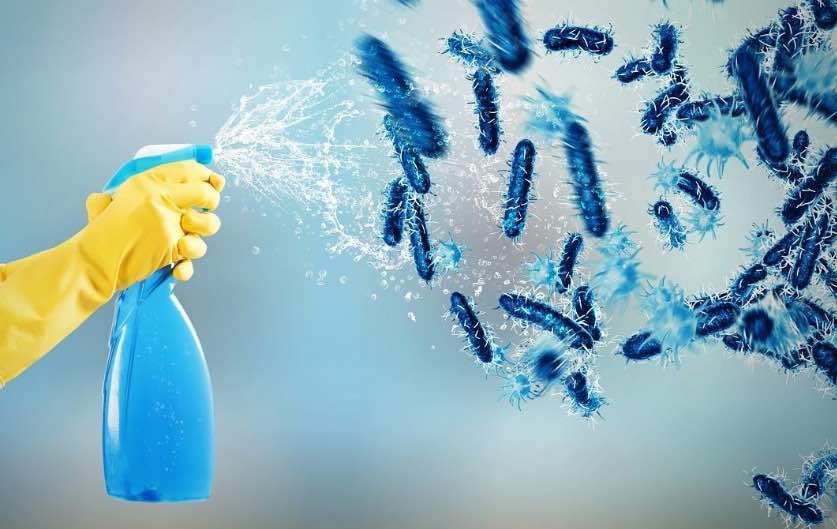
by International Associations | sustainability
Many store-bought cleaning products contain toxins such as propylene glycol, ammonium hydroxide, and synthetic fragrances. They may smell good, but the odor could be harming you. Making your own cleaning products is an easy way to save money and reduce toxins in the...

by International Associations | sustainability
With everything else that’s going on, you may not have even noticed that June 3 was World Bicycle Day. And who can blame you? No one could argue that celebrating the bicycle should draw attention away from the major issues of pandemic and institutional racism that are...
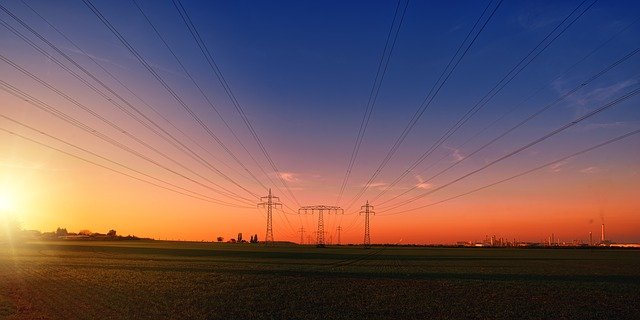
by International Associations | sustainability
Dozens of electrical utility companies across the country have pledged to become “carbon neutral” by 2050. But recent Sierra Club research shows that hardly any of them are making significant changes to move toward clean energy. Are they greenwashing our electricity?...

by International Associations | sustainability
In natural landscapes, rainwater and snowmelt filter down into the ground slowly. This slow infiltration recharges groundwater and filters out contaminants, promoting water quality. A rain garden in your yard can capture and keep vital moisture available for your...
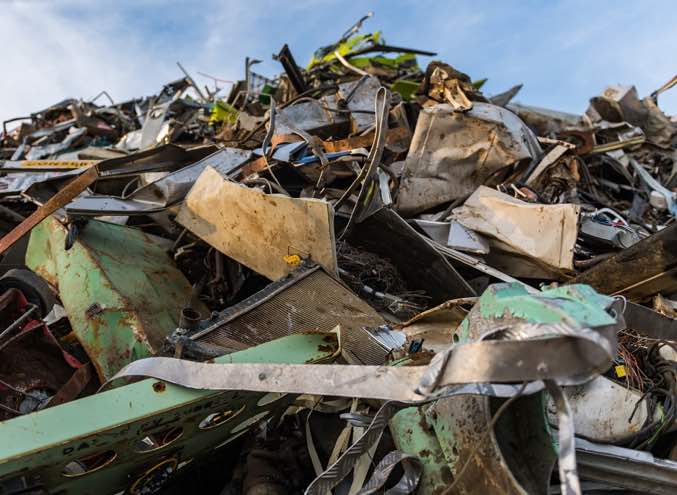
by International Associations | sustainability
Metal is the fifth most common material in household garbage, after paper, food, plastic, and yard waste. Unlike the other top items, metal is inert in a landfill and cannot be burned. Mining metal is among the world’s most environmentally damaging industries....







